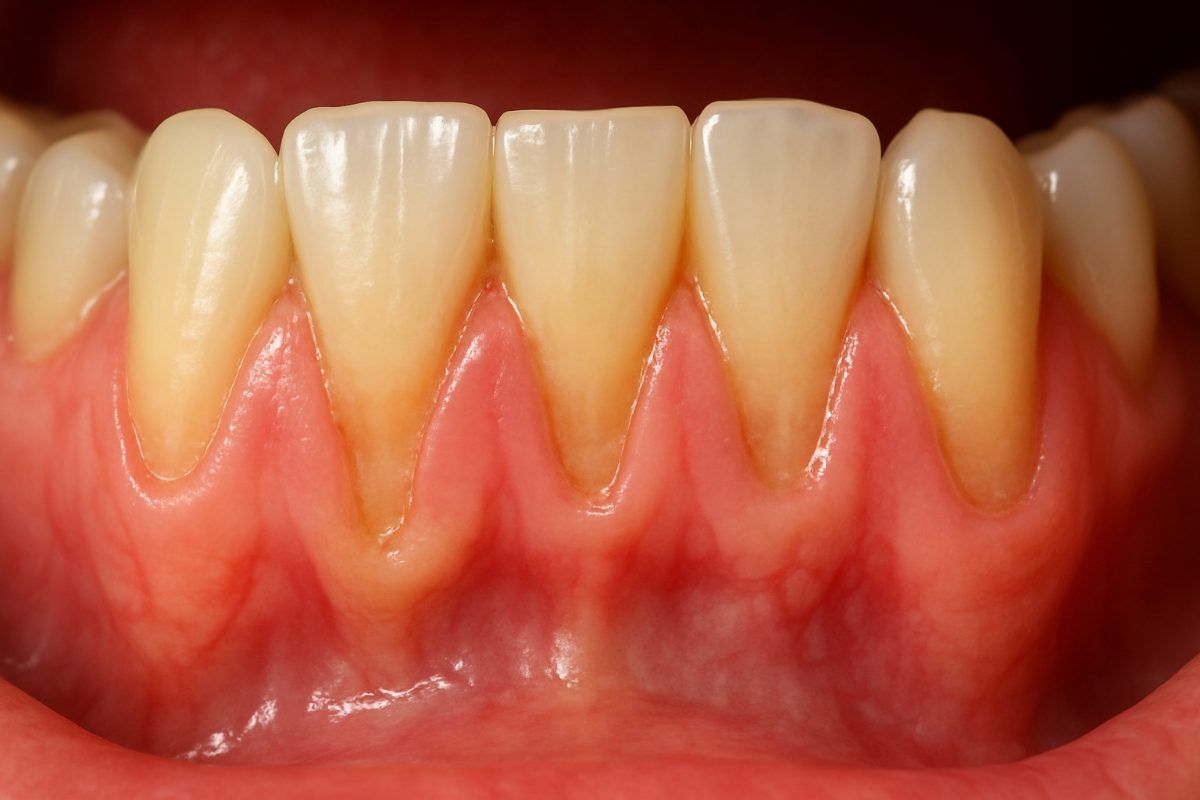How Do Zirconia Dental Implants Compare to Traditional Titanium Implants?
Did you know that more than 3 million dental implants are placed each year in the U.S., with that number expected to grow by 500,000 annually? As dental implants become an increasingly common solution for tooth loss, patients face an important decision: choosing between zirconia and titanium implants. With titanium implants having a long-standing success rate of over 90% and zirconia quickly gaining traction for its aesthetic and health benefits, many wonder which material is the better choice.
This decision isn't just about looks—there are critical factors like biocompatibility, long-term durability, and potential allergic reactions that can sway patients one way or the other. Both materials have proven to be highly effective, but each comes with its own set of advantages and limitations that can make a significant difference based on individual needs. Understanding the nuances between these two options is essential for making an informed choice about your oral health.
Biocompatibility and Safety
Both zirconia and titanium implants are highly biocompatible, meaning they integrate well with the body. Titanium, a metal used in implants since the 1960s, has a long history of success, with around a 95% success rate over decades. Zirconia, a ceramic material, is often marketed as "metal-free," making it an attractive option for those with metal allergies or concerns about metal corrosion.
- Titanium Implants: Titanium is a durable, lightweight metal that fuses effectively with the jawbone through osseointegration. However, in rare cases, patients with metal allergies might react to the alloy components in titanium, which can include trace metals like nickel.
- Zirconia Implants: Completely metal-free, zirconia implants reduce the risk of allergic reactions. They are also non-corrosive, bio-inert, and promote faster healing with a lower inflammatory response from soft tissues.
Aesthetic Considerations
When it comes to appearance, zirconia often comes out on top, especially for front teeth or patients with thin gums.
- Titanium Implants: Because they are metal, they can sometimes create a grayish tint around the gum line if the gum tissue is thin or recedes.
- Zirconia Implants: Being tooth-colored, zirconia offers a more natural look, especially in cases of gum recession. Its aesthetic advantages make it a preferred choice for patients prioritizing cosmetic results.
Durability and Strength
Both materials are strong and durable, but each has its specific strengths depending on your oral health needs.
- Titanium Implants: Titanium is known for its strength, making it ideal for patients with high biting forces, such as those who grind their teeth (bruxism). Its long track record suggests implants can last decades, with some lasting over 30 years.
- Zirconia Implants: While zirconia is also strong, it is more brittle than titanium and has a slightly higher risk of fracturing under extreme forces. However, zirconia has the added benefit of resisting plaque better than titanium, which may contribute to healthier gums long-term.
Healing and Osseointegration
Osseointegration is crucial for implant stability. Both materials support this process, but they differ in healing and tissue response.
- Titanium Implants: Titanium's biocompatibility enables good osseointegration, but it may provoke a stronger inflammatory reaction in some patients.
- Zirconia Implants: Zirconia offers a superior soft tissue response, promoting faster healing and reducing inflammation. It's also less likely to cause gum recession, making it a popular choice for those concerned about post-surgical aesthetics and comfort.
Cost Considerations
While both options come with significant upfront costs, the prices vary based on material and case complexity.
- Titanium Implants: These are generally more affordable due to lower material and fabrication costs.The overall cost ranges between $3,000 to $6,000 per implant.
- Zirconia Implants: Zirconia implants tend to be more expensive because of the higher cost of ceramic materials and specialized manufacturing. However, they may save patients money long-term by reducing the need for future corrections due to corrosion or plaque buildup.
How Tetrahealth Can Help You Choose the Right Implant
At Tetrahealth, we take a comprehensive and biologic approach to dental care, ensuring your implant solution is not only functional but also promotes long-term oral health. With two convenient office locations, our team of professionals is dedicated to finding the best option for your unique needs—whether you’re considering zirconia for its aesthetic appeal and biocompatibility or titanium for its proven durability.
Our holistic approach means we don't just focus on the appearance of your smile; we also look at the functional aspects of your oral health, including bone integrity, gum health, and your overall bite alignment. We carefully assess each case to ensure your implant not only looks natural but also works seamlessly within your mouth for the long term.
Ready to explore your dental implant options? Visit one of our offices today, and let us guide you toward the solution that best fits both your health and aesthetic goals!




